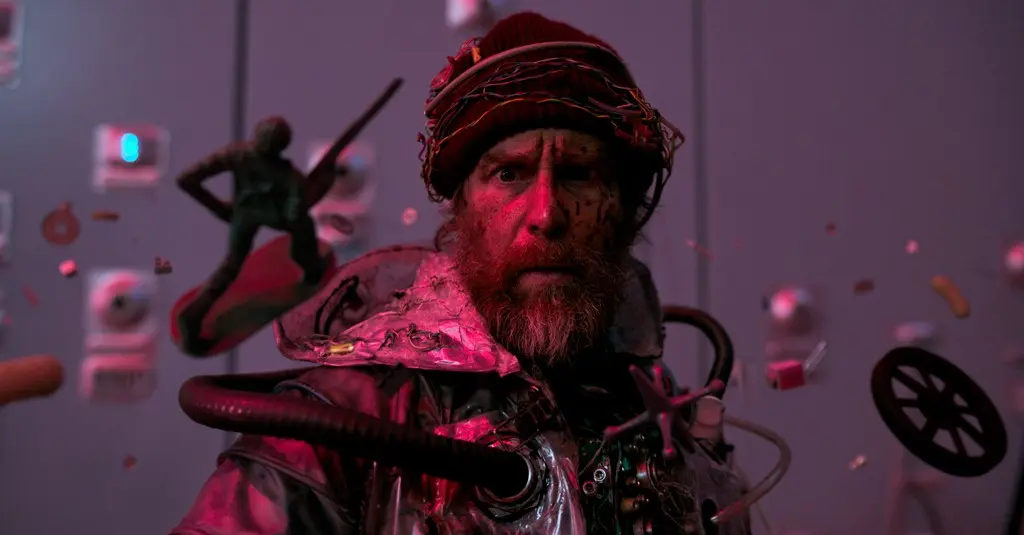It was a beyond savvy move for director Deniz Gamze Erguven to set her debut feature film in Turkey. A country that straddles Europe and Asia, Turkey is a country idealistically and spiritually torn between the East and the West, the old world and the new, 21st century free will and millenniums of tradition.
It’s worth mentioning that Erguven was born in Hungary and raised in France.





